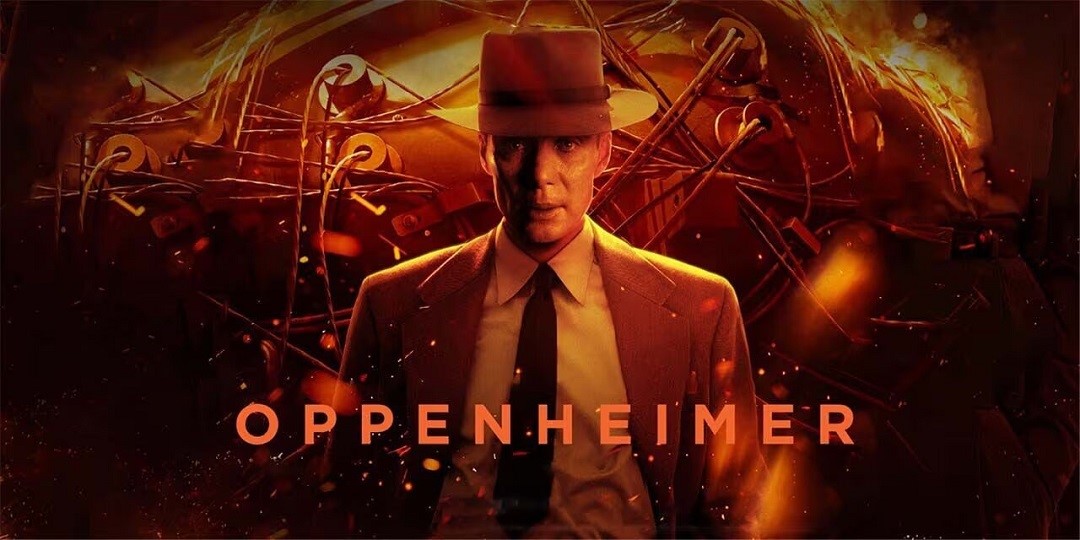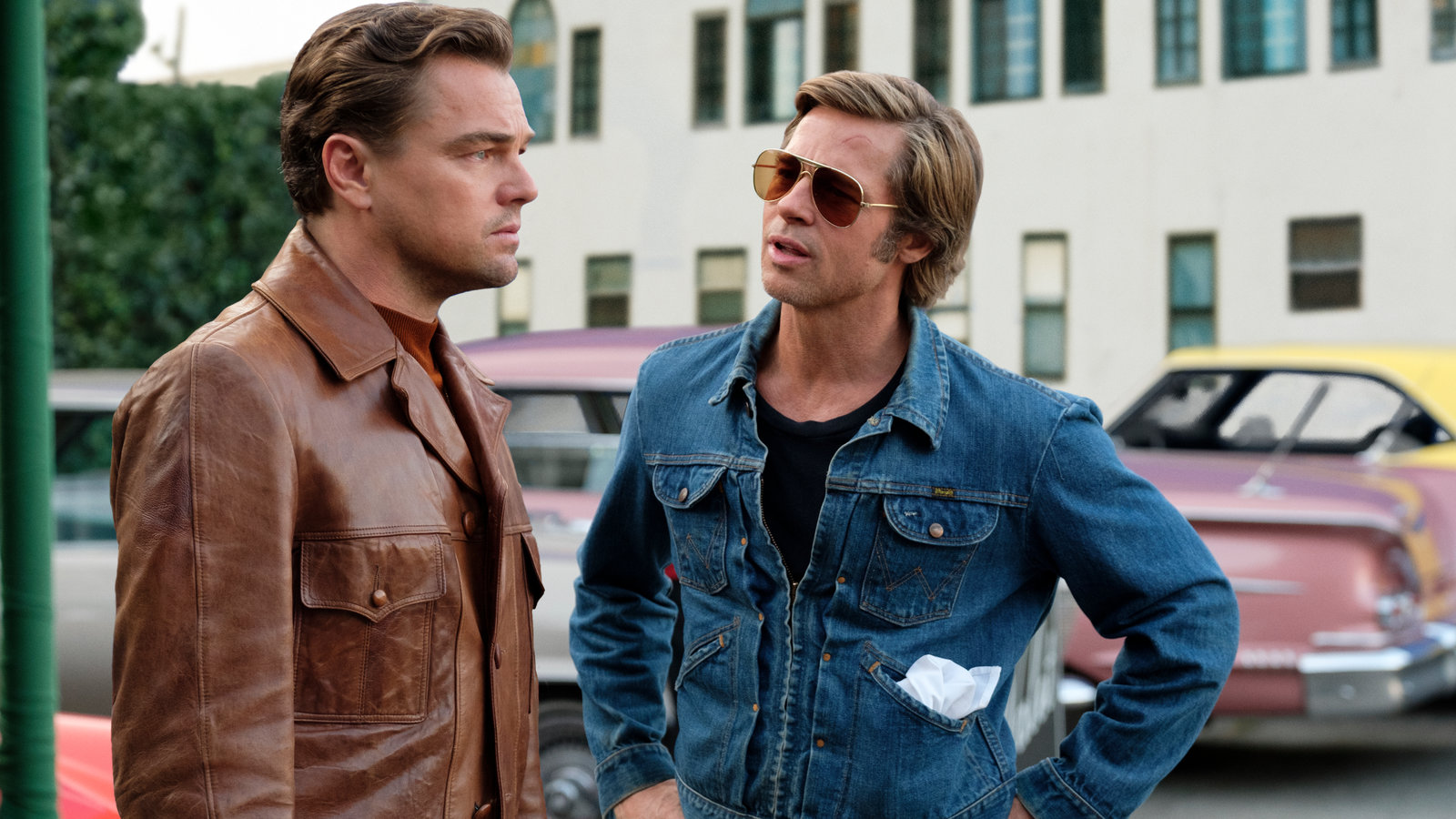dreamabodefinder.com – Christopher Nolan’s Oppenheimer is a powerful biographical drama that delves into the life of J. Robert Oppenheimer, the theoretical physicist who led the Manhattan Project during World War II. Known for his meticulous storytelling and ambitious filmmaking, Nolan crafts a film that combines scientific innovation with a profound character study. Featuring a stellar cast, breathtaking visuals, and a haunting narrative, Oppenheimer is one of the most ambitious films of recent years.
Plot Overview
The film follows Oppenheimer’s journey from his early academic career to his pivotal role in developing the atomic bomb. Spanning decades, it explores his ethical dilemmas, personal relationships, and the political aftermath of his achievements. Nolan’s signature nonlinear storytelling weaves together multiple timelines, creating a rich and layered narrative.
Stellar Performances
- Cillian Murphy as J. Robert Oppenheimer: Murphy delivers a career-defining performance, capturing the brilliance, vulnerability, and inner turmoil of the physicist. His portrayal is both restrained and deeply emotional, making Oppenheimer’s moral conflicts resonate deeply.
- Emily Blunt as Katherine Oppenheimer: Blunt brings depth to the role of Oppenheimer’s wife, portraying a woman grappling with her husband’s ambitions and their impact on their family life.
- Robert Downey Jr. as Lewis Strauss: Downey Jr. surprises audiences with a nuanced performance as the bureaucratic antagonist, adding tension with his layered portrayal.
- Matt Damon as Leslie Groves: Damon’s grounded performance as the military leader overseeing the Manhattan Project balances the film’s intense emotional undertones.
Nolan’s Direction
Christopher Nolan’s direction is masterful. He balances the intricate scientific details with the emotional weight of Oppenheimer’s story, creating a film that is both intellectually stimulating and deeply moving. Nolan’s choice to use practical effects over CGI for the atomic bomb sequences adds a visceral realism that heightens the film’s impact.
Visual and Auditory Excellence
- Cinematography by Hoyte van Hoytema: The visuals are stunning, with a mix of IMAX and 70mm photography capturing both the grandeur and intimacy of the story. From the arid landscapes of Los Alamos to the intense close-ups of Oppenheimer’s face, every frame is meticulously crafted.
- Score by Ludwig Göransson: The haunting score enhances the film’s themes of ambition, fear, and regret. Göransson’s music swells and recedes with the narrative, becoming an integral part of the storytelling.
Themes and Impact
Oppenheimer is more than a film about science; it is a meditation on the moral complexities of innovation. The movie examines the consequences of wielding immense power, the burden of genius, and the human cost of progress. It challenges viewers to grapple with questions about responsibility and ethics, making it a thought-provoking cinematic experience.
Critics’ Praise and Audience Reception
Critics have praised Oppenheimer for its ambitious storytelling, impeccable performances, and technical brilliance. Many consider it Nolan’s magnum opus, applauding its ability to blend historical accuracy with emotional depth. Audiences, too, have been captivated, with the film sparking discussions about history, science, and morality.
Conclusion
Oppenheimer is a monumental achievement in filmmaking. It blends intellectual rigor with emotional resonance, offering viewers an unforgettable journey through one of history’s most pivotal moments. Whether you’re a fan of Christopher Nolan or simply appreciate powerful storytelling, Oppenheimer demands to be seen on the big screen. It’s not just a movie—it’s an experience that lingers long after the credits roll.





